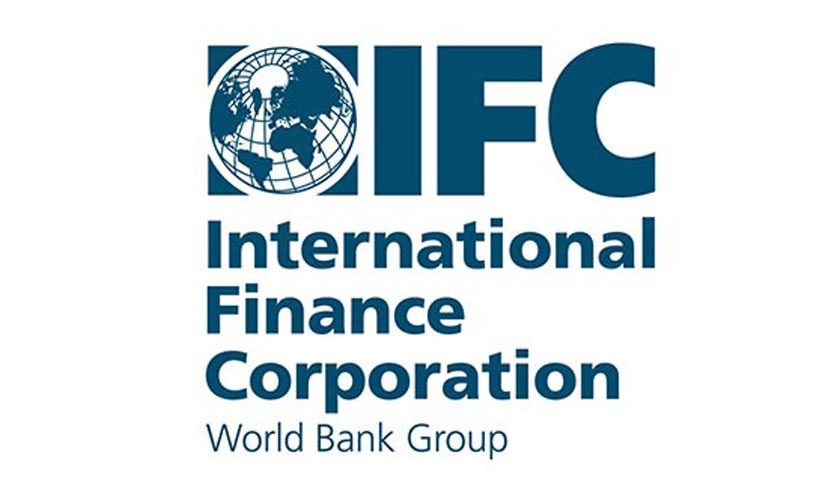An online directory of products bearing the Carbon Trust label has been launched recently, making it easier than ever for climate-conscious consumers to access verified evidence on carbon reduction claims made by leading brands. Through the new online directory, consumers can now find additional information about the claims made on-pack with the Carbon Trust label. These labels have been helping to inform consumers about the emissions created by the products they are purchasing since they were launched in 2007. Nescafé, Dyson and San Pellegrino are among the first brands to…
Read MoreTag: Carbon Trust
New product directory gives clear access to carbon reduction claims from leading brands
An online directory of products bearing the Carbon Trust label has been launched recently, making it easier than ever for climate-conscious consumers to access verified evidence on carbon reduction claims made by leading brands. Through the new online directory, consumers can now find additional information about the claims made on-pack with the Carbon Trust label. These labels have been helping to inform consumers about the emissions created by the products they are purchasing since they were launched in 2007. Nescafé, Dyson and San Pellegrino are among the first brands to…
Read MoreThe Carbon Trust and BrownGreer selected to lead the design and development of Offshore Wind Fisheries Compensation Fund on east coast of US
The Carbon Trust, in partnership with BrownGreer, a Virginia-based claims resolution firm, have been selected to design and develop a regional fisheries mitigation programme on the east coast of the United States. The aim of this programme is to provide fair and equitable financial compensation to the commercial and recreational for-hire fishing community from impacts from offshore wind. For over three years, 11 East Coast states have been working collectively to bring this initiative to this point, engaging with the fishing community and offshore wind developers throughout the process. The…
Read MoreIndustry launches new guidance for measuring the carbon footprint of offshore wind farms
A first-of-a-kind methodology to standardise how the carbon footprint of an offshore wind farm is measured has been published by the Offshore Wind Sustainability Joint Industry Programme (SUS JIP). The collaborative initiative aims to help the global offshore wind industry scale up as sustainably as possible to meet global Net Zero targets by 2050. This new methodology is a key first step in the delivery of commitments made by many offshore wind developers to reduce emissions and will improve the transparency of carbon emission data increasingly required by regulatory bodies.…
Read MoreIFC and the Carbon Trust Join Forces to Cut Emissions in Emerging Markets
In a move to help more companies decarbonize operations and reduce emissions along their supply chains, the International Finance Corporation (IFC), a member of the World Bank Group, and the Carbon Trust have agreed on a plan to work together to promote decarbonization strategies for companies in emerging markets and accelerate investments in green production. The collaboration will provide new opportunities for IFC clients to develop roadmaps for decarbonizing their operations, while providing avenues for expanding the reach of IFC’s sustainable financing to global brands with supply chains in emerging markets.…
Read More
